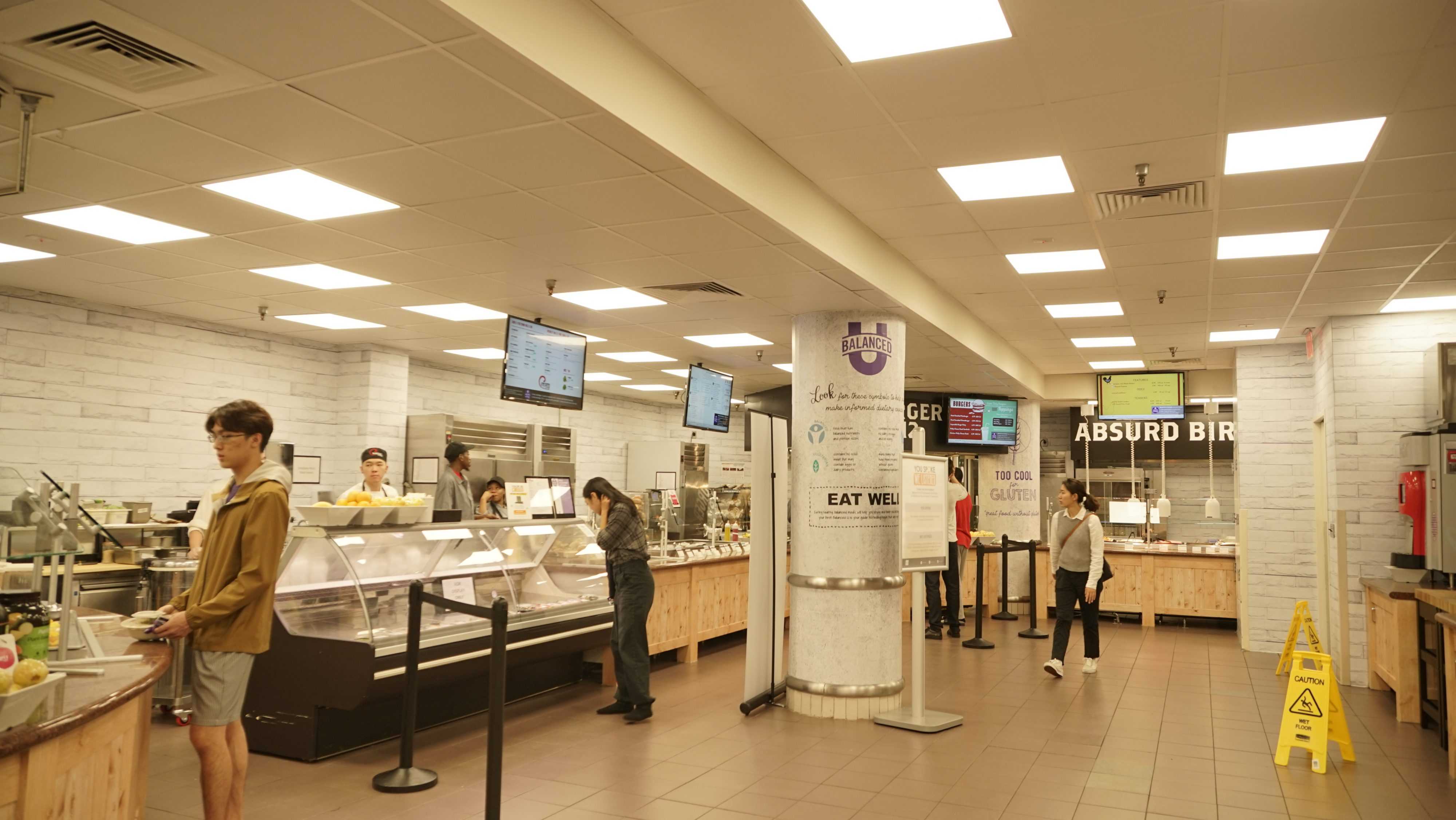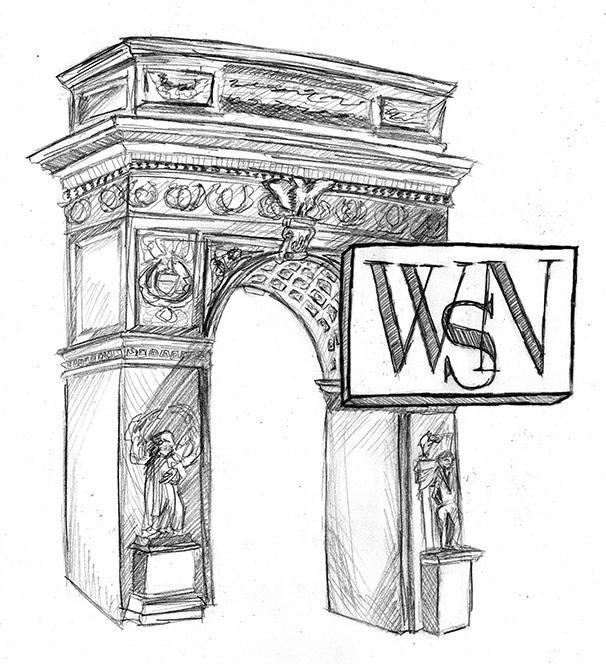On Tuesday, WSN reported that Palladium Food Court had failed a health inspection. The inspection, conducted by New York City’s Department of Health and Mental Hygiene, found that Palladium had committed four different health code violations, three of which were critical. The violations — which included keeping cold food items at over 41 degrees Fahrenheit, cooling food using an unapproved method, the discovery of filth flies in the facility and the possibility for vermin such as rats and mice to enter the dining hall — were found when Palladium was subject to a reinspection after failing an inspection in early September. NYU had not informed its students of the health risks involved with eating at Palladium; prior to Tuesday, the only indication that Palladium was unsafe to eat at was a small “Grade Pending” sign from the DOHMH hanging outside the dining hall. It was only once WSN broke the news that NYU issued a statement on the health violations, along with a letter from NYU’s new dining provider, Chartwells, acknowledging the situation and apologizing for the poor grade.
But it should not have been responsibility of journalists to break the news that Palladium failed a health inspection. The health of the entire NYU community was put at risk by Palladium’s health code violations. Why didn’t NYU immediately inform its community of potential health risks on campus?
Though using an unapproved cooling method may not seem as egregious an error as rat droppings in food — as the DOHMH found at Lipton Dining Hall in 2017 — it is perhaps just as dangerous. When food is held at temperatures between 41 and 140 degrees Fahrenheit, it becomes a breeding ground for hazardous bacteria. In 2015, meat held at too low a temperature caused a norovirus outbreak at a Boston Chipotle, infecting over 80 college students. Filth flies are incredibly dangerous to food safety — they have been known to spread food poisoning and dysentery. To eat, the flies regurgitate the contents of their stomachs onto nearby food to liquefy it before reingesting; to defecate, they choose whichever surface is nearest.
Palladium’s errors were preventable and fixable — in 2016, a Midtown Chick-fil-A was found to have made almost the exact same violations. The Chick-fil-A voluntarily closed for a week, during which it upgraded its facilities and equipment and hired a consultant to independently evaluate the improvements. Until Palladium is deemed safe by the DOHMH, it should not be open to students — if we cannot confirm that it is safe to eat there, we should not be allowed to eat there. But not only has Palladium remained open, NYU has also made no visible strides toward improving its facilities.
The timing of these health violations is particularly ironic. NYU began its contract with Chartwells only a matter of months ago. The university began reevaluating its contract with its previous provider, Aramark, after Lipton’s 2017 health violation. NYU claimed that Aramark had never told them about the failure, and fired Lipton’s manager in response. However, Chartwells’ response to Palladium’s failure has uncanny parallels to Aramark’s: in a statement apologizing for the poor grade, Chartwells and NYU Eats executives claimed that most of the violations were from the flies, which they said were at Palladium before Chartwells began its tenure. By refusing to claim responsibility for their own shortcomings, Chartwells has indicated that they are true successors to Aramark’s problematic legacy.

There is always the chance that NYU simply didn’t know about the situation at Palladium; when Lipton failed its inspection, the university was kept in the dark until WSN broke the story. But if this is the case, it means that when the university ended its contract with Aramark, it made the wrong choice with Chartwells. Though NYU may have saved face by changing dining providers, nothing below the surface has changed.
NYU is not exactly known for being open with its students. On multiple occasions, students’ requests for transparency from the administration have been rejected, sidestepped and ignored. It should not come as a surprise that when NYU fell short of expectations this time, they opted to keep their students in the dark instead of informing them. But this forces us to ask what would have happened to both Lipton and Palladium if WSN had never reported on their health code violations. Would NYU have ever owned up to their mistakes, or would they have simply corrected the errors and hoped they went unnoticed?
Why have we, as a community, accepted that NYU will not tell us when it fails? We aren’t surprised that NYU didn’t take action until being forced to reckon with bad press, but this should not be the norm. We deserve to know about health risks on campus, and by neglecting to inform us of them, NYU has chosen to preserve their reputation over protecting their students’ safety.
A version of this article appeared in the Monday, Oct. 7, 2019 print edition. Email the Editorial Board at [email protected].


























































































































































